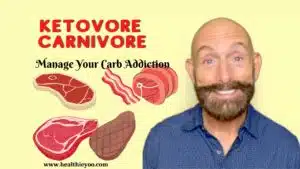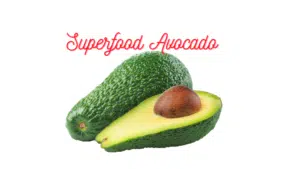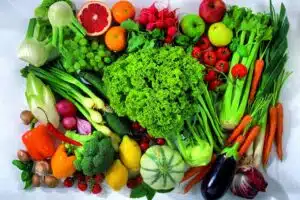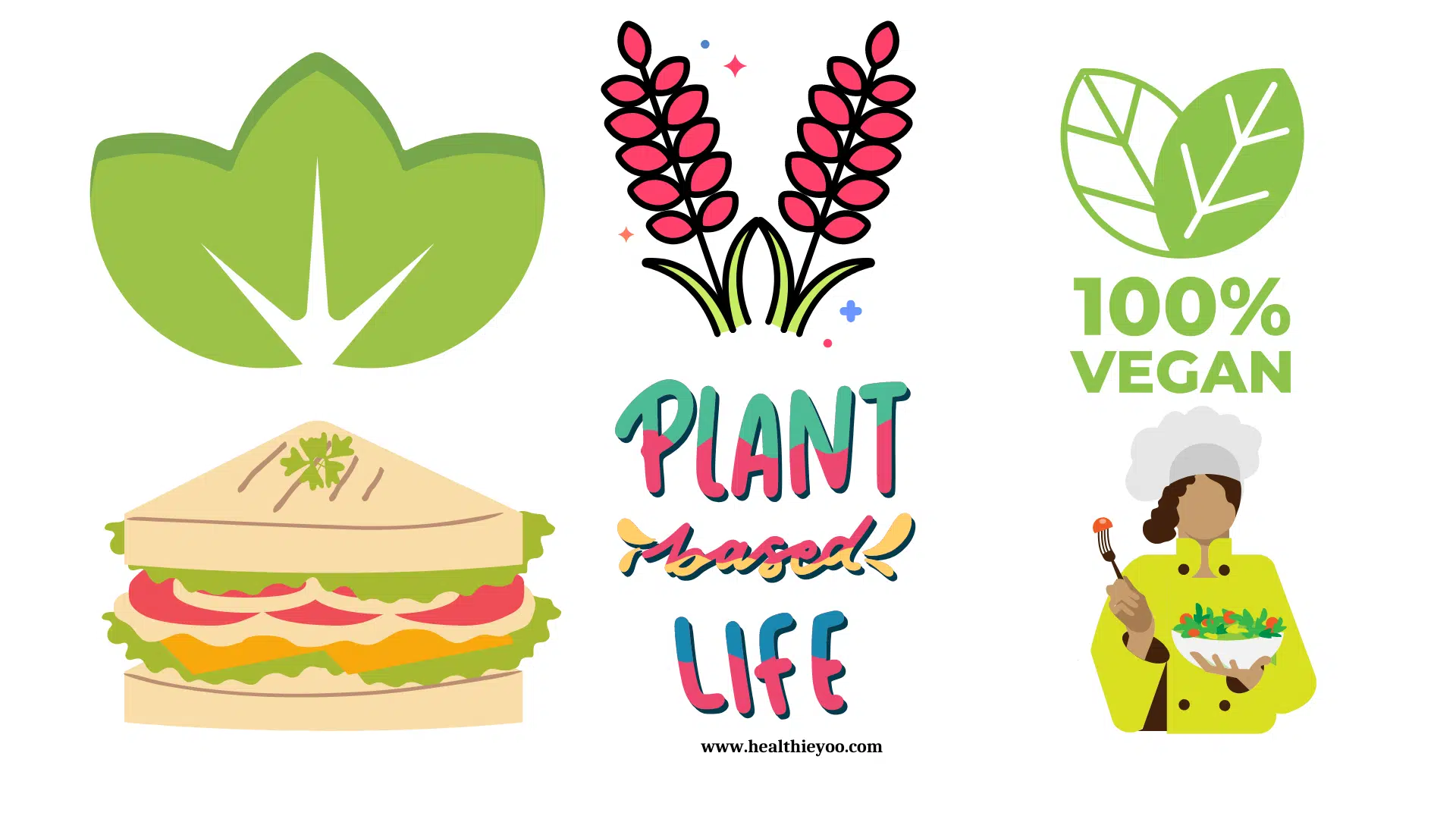What are the benefits of switching to a plant-based diet? Why are athletes switching to a plant-based diet? What is a strict vegetarian diet? What is vegetarian vs vegan vs pescatarian vs flexitarian? Who is a dietary vegan and who is an Ethical vegan? Also what is an alkaline vegan diet?
Fitness and health consciousness have been popular amongst actors, athletes, and to some extent common people. But it is also a fact that since the pandemic of COVID-19, people have been more concerned about their health, and this is right that the pandemic has been a revolutionary crucible. So, to pass such a crisis, it’s our responsibility to take care of our physical as well as mental health. Your determination and response to the physical and mental health you wish for are crucial, and if you are physically fit, your mental health will be stable and vice versa.
With the aim of being healthy and fit, our diet matters a lot along with other factors, as we are what we eat. So, the choice of our diets can help us fight many diseases and also harm our health, so decide your menu on the plate prudently. However, nutrition alone will not keep you fit; exercise and environmental factors also play a major role to keep you healthy.
If we see today, many people are switching towards a plant-based diet – this includes the general population as well as athletes switching to a plant-based diet. A large group of people today wants to follow vegetarianism by choosing plant-derived foods over animal cruelty and exploitation (explained below as ethical vegan) and yes, it is a good thing not just for our health but also for our planet. The “Plant-Based” diet was first promoted by Dr JH Kellogg (of corn flake fame) as a healthier way to eat in the Loma Linda and Battle Creek hospitals of the late 19th and 20th centuries. Many studies and researchers strongly support the significant benefits of following veggies and fruits in their diets and the nutritional and healing properties of the compounds from the same. Eating habits that are largely plant-based or plant-forward emphasize foods derived from plants. It includes whole grains, legumes, and vegetables to fulfill daily dietary requirements.
But in contradiction, you will see there are still many people who would prefer to eat processed and junk foods rather than following plant-based diets. According to data, 9.6 million Americans considered themselves vegan because most of them are obese or hypertensive and they have many health problems. The reason behind it is that the typical American diet contains a lot of sugars, fat, and processed carbs. They are not readily accessible to fresh vegetables, which is an impetus for choosing undercooked meat and eggs which are high in saturated fats putting them at risk of cardiovascular and other illnesses. People are now switching towards healthier plant-based diet, alkaline vegan diet and other vegetarian diets.
Dietary habits – Flexitarian, Pescatarian or Vegetarian?
1) Semi-vegetarian or Flexitarian diet
Eggs, dairy foods, and occasionally meat, fish, and seafood come under Semi-vegetarian or flexitarian diet.
2) Pescatarian diet
Fish and seafood come under the Pescatarian diet. It does not include meat or poultry.
3) Vegetarian diet
Eggs and dairy foods, but no meat, poultry, fish, or seafood.
4) Strict vegetarian diet
No animal foods come under Strict Vegetarian Diets.
Be alert while choosing seafood because it contains the deadly ingredient methylmercury (MeHg) which can harm the nervous system and has been found in predators and long-lived fish species like sharks and swordfish etc.
Veganism – Dietary & Ethical Vegan
‘Vegan’ is a term coined by Donald Watson in 1944 to describe an animal-friendly and advocating lifestyle. Let us see the types of vegans – dietary vegan and ethical vegan. There are also people who are followers of an alkaline vegan diet.
1) Dietary Vegan
A person who chooses a plant-based diet for its nutritional value or as an option to allergy to other animal food sources and depends on plant products is known as a dietary vegan.
2) Ethical vegan
While a person who adopts the diet for moral and political reasons going against animal cruelty and exploitation is called an ethical vegan.
An ethical vegan thus goes beyond just food and diet but includes using animal products for any other purpose. Animal ethics are therefore extremely important to an ethical vegan.
Alkaline Vegan Diet
What is an Alkaline Vegan Diet?
The alkaline diet also referred to as the Alkaline acid diet or Alkaline dash diet, severely restricts what you should take at each meal. It is well known that processed foods and refined sugar can cause our bodies to produce more acid, which is bad for our health. An alkaline vegan diet is an alkaline diet followed by vegans.
The Alkaline vegan diet will be helpful for you if you want to lose weight and also help to prevent chronic pain. This alkaline vegan diet consists of whole grains, fruits, and vegetables. An alkaline vegan diet is also rich in fiber which helps to detoxify the intestine and remove impurities.
Western diets are usually acidogenic (meat, cheese) and are deficient in alkaline foods (fruits, vegetables). Citrus fruits, and non-starchy vegetables like dark leafy vegetables, broccoli, carrots and also cauliflower, bell peppers, almonds, etc. include some of the alkaline vegan diet options. Among the grains which are usually acidogenic, quinoa may be an alkaline option.
Many athletes are now considering switching towards this alkaline vegan plant-based diet. For protein, soybeans, lentils, tofu, etc. may be plant-based options but they may not be alkaline.
Health Benefits of an Alkaline Vegan Diet –
- Encourage weight loss
- Protect against heart disease
- Boost memory and cognition
- Helps with back pain
- Keeping osteoporosis at bay
Global reports on switching to a plant-based diet
Health Benefits of eating a plant-based diet
As we know already, diabetes, hypertension, cardiac attack, obesity, etc. have become a common health problem and you know what’s the main reason is our lifestyle, our mode of living and it has been seen that a plant-based diet could be a big game changer for market and industry sectors. Some studies have also shown that plant-based diets can ameliorate diabetic neuropathic pain. The popularity and demand for plant-based diets are increasing day by day.
Plant-based diets are rich in fibre and fibre-rich diets play a significant role in cancer prevention. Dietary fibres have a number of health benefits just like it helps one have healthier gut bacteria, it improves digestive problems.
It is critical to keep your immune system robust since only then will you be able to fight off any sickness, and a plant-based diet helps your immune system. Minerals, phytochemicals, and antioxidants are abundant in plant-based diets, and they all contribute to keeping your cells healthy and your body in balance allowing your immune system to work optimally.
It has also been discovered that a plant-based diet can assist to minimize your risk of stroke, mental health, digestive system, and so on. So, will you switch to a plant-based diet now?
Plant-based diets can also be useful in the prevention and useful in the treatment of certain diseases because they include mechanisms that reduce cardiovascular risk factors. As we know, this is 100% right, there are a number of health problems that can pop up after the age of 50-60. As age increases so health problems also increase but things to be noted is that now even the younger ones have to deal with so many health-related problems such as stroke, diabetes, cancer, etc. but we cannot ignore that heart attack is also at the top of the list nowadays.
If I talk about myself, I prefer to go towards a plant-based diet and I have seen that a plant-based diet proves to be really beneficial. You will observe that rural breaking people are lucky to take green and fresh vegetables-based foods. Thus, they get the proper amount of nutrients. This makes them healthy, and they have a strong immune system which makes them able to resist many diseases. Whereas Urban people do not get fresh vegetables, they are dependent on refined foods, and ultra-processed foods and thus they don’t get proper nutrients. This is due to an improper supply of fresh food items, so they are more susceptible to diseases.
A power weapon like a plant-based diet in the toolbox benefits both patients and healthcare professionals. While lifestyle modifications, such as nutrition can be a significant and effective strategy in treating chronic illness, lifestyle changes such as medications are particularly useful in treating acute sickness.
There is a saying,
As you sow, so shall you reap.
Finally, nowadays people are also suffering from gut health. As we know, trillions of microbes living in our gut but our diet can easily change the nature of microbes and it is only possible when we take a healthy meal. So, you can imagine what effect diet has in our life.
People also switch to a plant-based diet because of the ethics surrounding animal welfare (ethical vegan). We always celebrate Vegetarian Day each year, why because there is a purpose, and that reason is to promote vegetarianism.
Benefits for Athletes Switching to a plant-based diet
In 2018, a documentary film was made about the benefits of plant-based eating for athletes. It covers multiple success stories of athletes switching to a plant-based diet, references scientific studies on athletes switching to a plant-based diet, and touches on other arguments for plant-based diets that extend to non-athletes and I think it is a big game changer for athletes.
There are success stories of athletes switching to a plant-based diet. However, one has to carefully plan the diet for athletes switching to a plant-based diet as few reports indicate that some plant-based foods also contain anti-nutritional factors in addition to nutritional factors. Other challenges such as adequate protein, energy, vitamin B12, iron, zinc, etc. may be achieved through careful planning of the vegan diet with appropriate supplementation. Other than that, athletes switching to a plant-based diet has resulted in enhanced athletic performance.
Therefore, keep in mind that what you eat has a significant impact on whether your health is being improved or jeopardized.
“Every single piece of food we consume each day either contributes to our overall health or points us in the direction of diseases.”

Prachi Suman
Related Posts

Sprouting Broccoli Benefits – Powerhouse Nutrition & How To Grow Broccoli Sprouts
Sprouts are basically the germinated seed of a vegetable or a young plant. We all know the benefits of eating sprouts. But did you know

Ketovore – Eat Well So You Can Feel and Look Well!
What is ketovore? What is a carnivore? The carb addiction teacher explains the difference between ketovore and carnivore and why it is important to be

9 Ways To Sneak Some Extra Fruits And Vegetables In Your Family’s Diet
During the summer months, we all enjoy lots of sweet and sticky treats. We end up eating fast foods at fairs, carnivals, amusement parks, and

Superfood Broccoli: How To Cook Broccoli For Maximum Nutrition
Broccoli is an edible green plant in the cabbage family. It is a cruciferous vegetable that is well-known for its extensive nutritional advantages and as a

Superfood Avocado
Is Avocado A Superfood? Is Avocado a Superfood? Well, yes! Today, we will talk about a superfood, or should I say a super fruit:

Nutrients in Fruits and Vegetables
A healthy diet should include plenty of fresh fruits and vegetables. They are high in important vitamins, minerals, fiber, and other nutrients for overall health.

